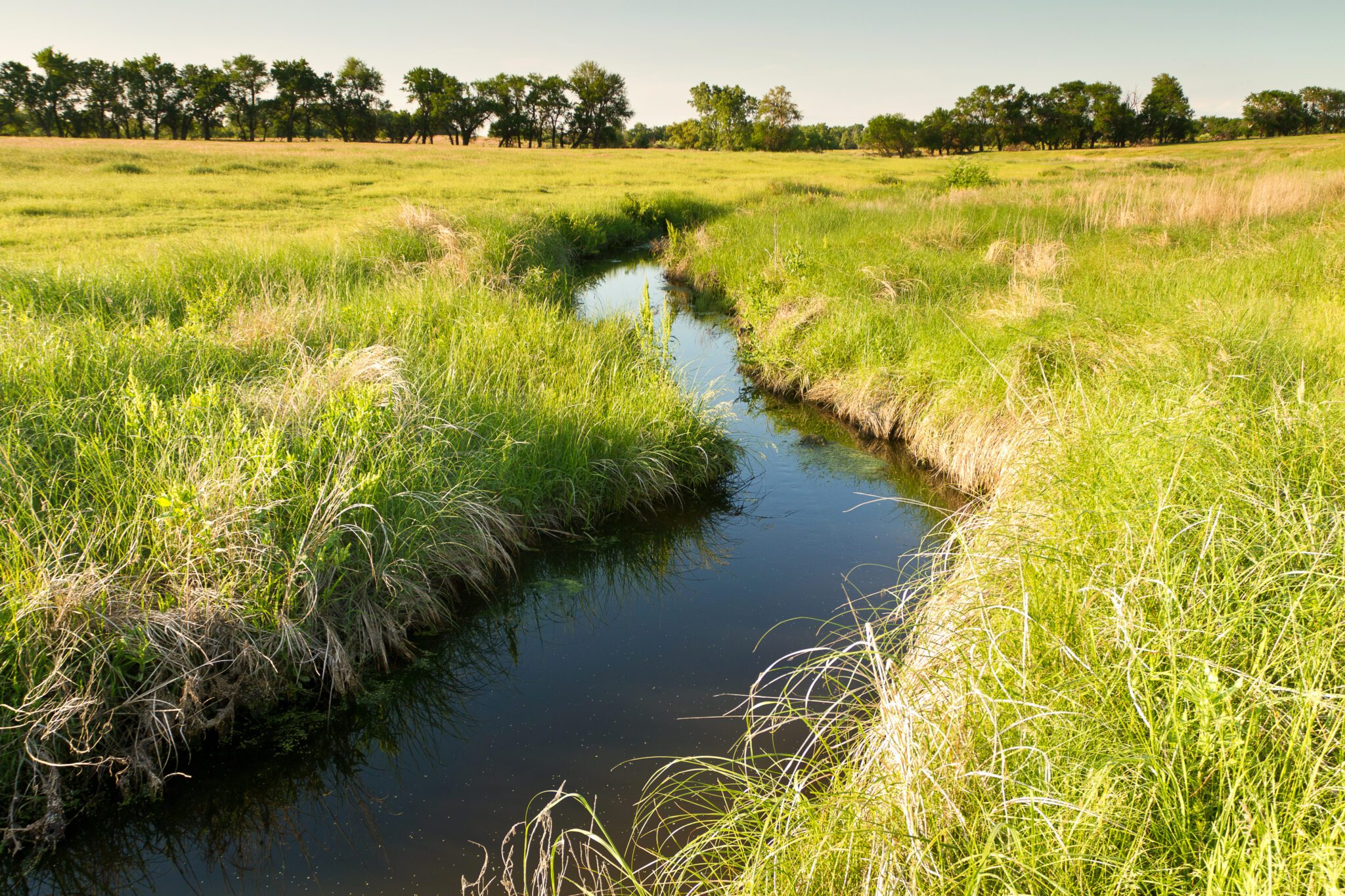Menu
Nonpoint Source Pollution Management Program (NPS Program)


The North Dakota Nonpoint Source Pollution Management Program’s (NPS Program) vision is to abate all NPS pollution threats and impairments to the beneficial uses of waters of the state. To accomplish the vision, the mission for the NPS Program is to implement a voluntary, incentive‐based program that restores and protects the chemical, physical, and biological integrity of waters where the beneficial uses are threatened or impaired due to nonpoint sources of pollution.
Annually, federal Section 319 funding is appropriated by the U.S. Congress to assist states in supporting locally sponsored projects addressing water quality impacts associated with nonpoint source pollution. Fifty percent or more of the Section 319 funds are allocated by the state to local watershed projects to support delivery of conservation planning assistance, cost share conservation practices and conduct educational events. Section 319 funds support 60 percent of costs, with a 40 percent nonfederal match requirement. The primary recipients of these funds are Soil Conservation Districts who manage the local watershed projects and collaborate with producers and landowners to implement various conservation practices (cover crops, manure management systems, fencing, grass waterways, etc.) to improve water quality in the project area.
Watershed Project Contacts
The NPS Program supports several watershed projects across North Dakota. A short description of each active watershed project in the state and information for the local contact is provided on the ND Department of Environmental Quality website. View the Watershed Story Map at this link.